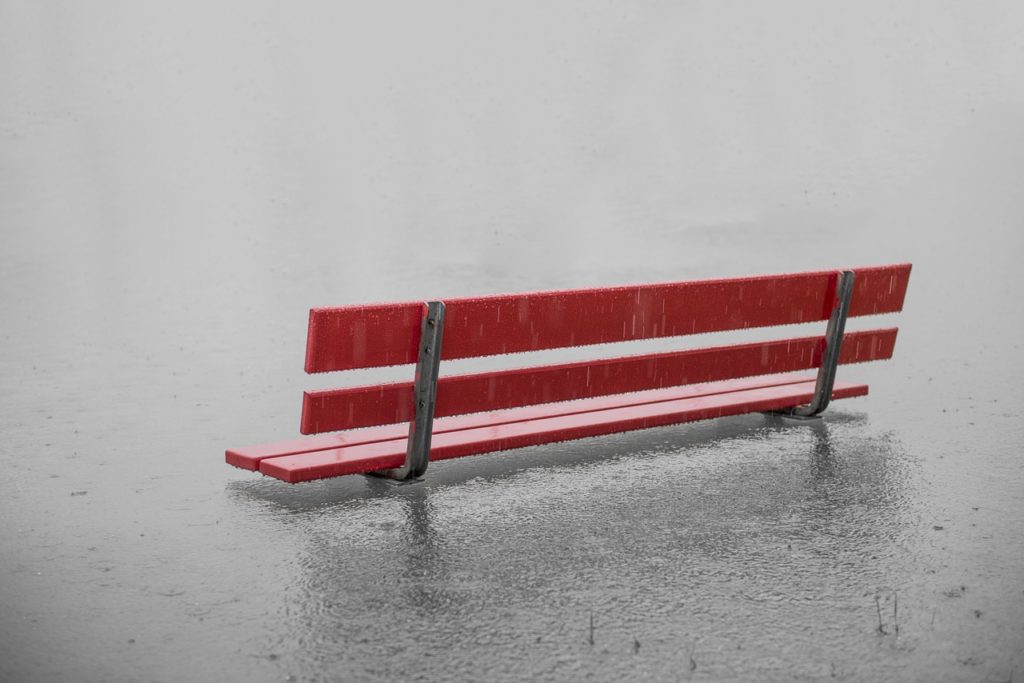In the wake of Hurricane Ida, please consider this reminder about the application of the Surface Water Exclusion in Pennsylvania and New Jersey.
Pennsylvania
Pennsylvania courts recognize the enforceability of the Surface Water Exclusion and have long understood “surface water” as an unambiguous term meaning “waters on the surface of the ground, usually created by rain or snow, which are of a casual or vagrant character, following no definite course and have no substantial or permanent existence.” Gold v. State Farm Fire & Cas. Co., 880 F. Supp. 2d 587, 597 n.7 (E.D. Pa. July 23, 2007) (citing Richman v. Home Ins. Co. of N.Y., 94 A.2d 164, 166 (Pa. Super. 1953). In Pennsylvania, once water hits the ground, it becomes surface water. See T.H.E. Ins. Co. Charles Boyer Childrens Trust, 269 Fed. Appx. 220, 222-23 (3rd Cir. 2008) (enforcing Surface Water Exclusion where rainwater entered and ruptured a sewer pipe, allowing water to flow into the policyholder’s basement).
New Jersey
While application of the exclusion is less straightforward in the Garden State, New Jersey courts have enforced the Surface Water Exclusion. In Estate of Doerfler v. Federal Ins. Co., 2020 N.J. Super. Unpub. LEXIS 920 (App. Div. 2020), the plaintiff’s house was destroyed by a flood during Superstorm Sandy. The court applied the Surface Water Exclusion, rejecting the plaintiff’s argument that wind was the initiating and proximate cause of the storm. See also Villamil v. Sentinel Ins. Co., 2018 U.S. Dist. LEXIS 214901 (D.N.J. Dec. 21, 2018) (applying the Surface Water Exclusion where rainwater pooled at the bottom of a stairwell and leaked through a building, causing damage). However, in Sosa v. Massachusetts Bay Ins. Co., 206 A.3d 1011 (N.J. App. Div. 2019) (involving a water main break), the Appellate Division recognized two possible meanings of the term “surface water:” (1) water possessing a permanent nature, similar to a body of water; and (2) water “which fall[s] on the land from the skies or arise in springs, and, following no defined course or channel, are lost by being diffused over the ground through percolation, evaporation, or natural drainage.” Given these two competing, but plausible meanings, the court found the term to be ambiguous, requiring an interpretation that favored coverage.
There are issues in both Pennsylvania and New Jersey surrounding the application of this exclusion, especially where policyholders present arguments regarding causation (i.e. that something other than surface water caused their damage). For additional guidance on these issues, please do not hesitate to contact the team here at Horst Krekstein & Runyon.
This post was originally published through Horst Krekstein & Runyon’s Property in 60 Seconds Newsletter. If you would like to receive future copies of that newsletter, please contact Sean Dever at sdever@hkr.law.

